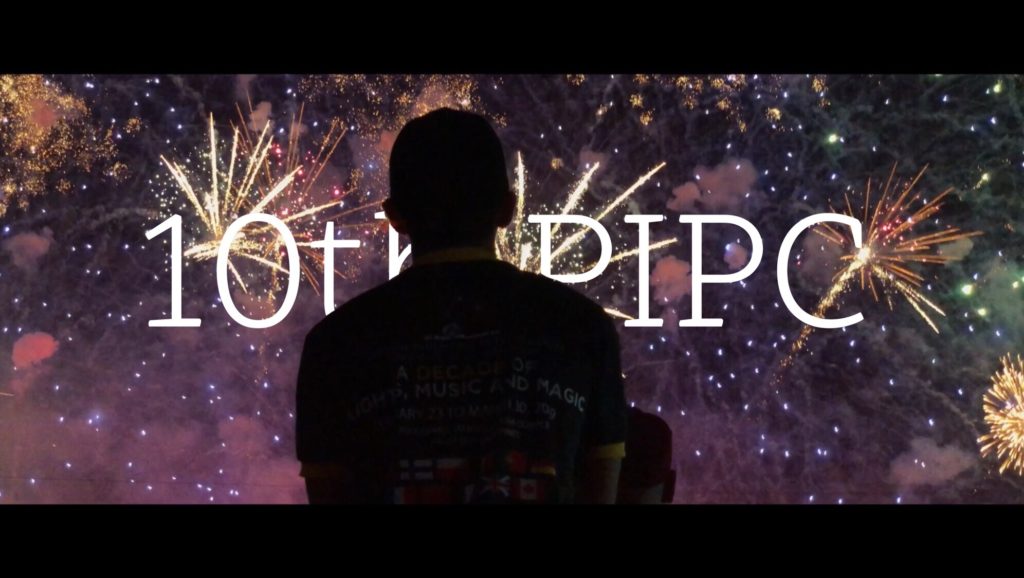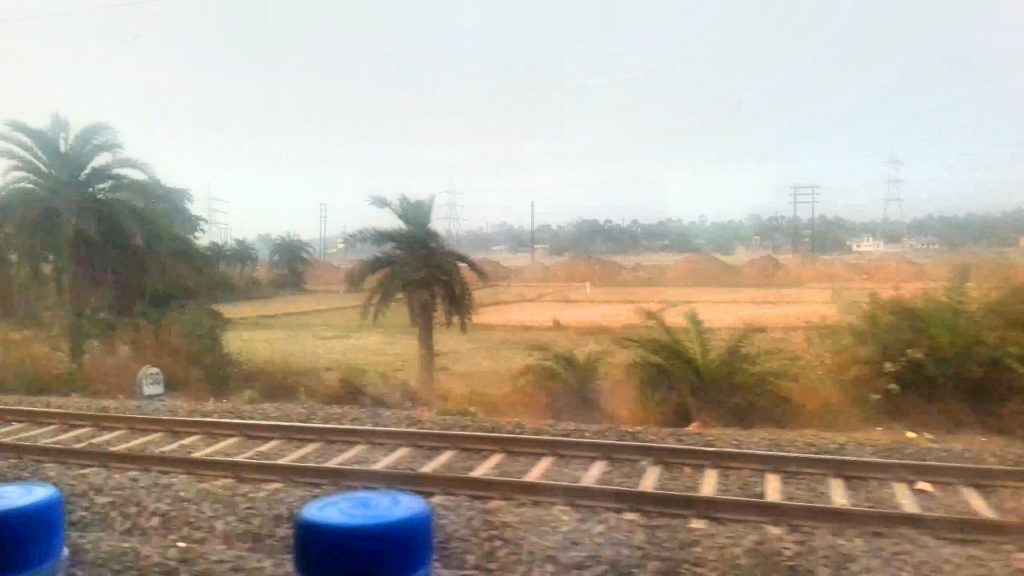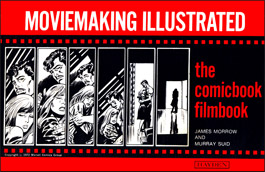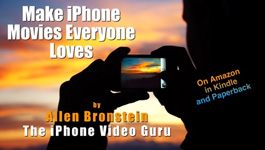Several months ago, MobileMovieMaking published a brief article about “Dulcinea.” The focus of that piece was on adaptation: finding story ideas in past works. “Dulcinea” is obviously inspired by Cervantes’ great novel “Don Quixote.” However, an interview with the film’s director, Francisco Lidón Plaza reveals that there was an extra step in the borrowing. “Dulcinea” is actually an adaptation of the director’s earlier-written stage play. The film has been an official selection in over twenty festivals around the world, and has won awards in many competitions including those held in Berlin, Barcelona, Madrid, Porto, and San Diego. The interview with Francisco Lidón Plaza follows the movie (below).
Using Adaptation to Find a Comedic Story Idea
MMM: What motivated you to become a filmmaker?
Francisco: Cinema has always been a very important part of my life since I was a little kid. I liked imagining adventures like the ones I saw on screen.
MMM: How did you develop your skills?
Francisco: I have a degree in audiovisual communication. Going beyond that, I learn by collaborating with friends and colleagues to make short and fun films.
MMM: Could you tell us about the role of adaptation in creating “Dulcinea”?
Francisco: I’ve long been a fan of Cervantes. Earlier I wrote and produced a play about these two characters that are related to the universe of Don Quixote. The characters were so multi-faceted and complex that we decided to follow their adventures and turn them into screen “anti-heroes.”
MMM: Is “Dulcinea” an actual cafe?
Francisco: No. We used art direction to change the name of the location. In reality, it’s a famous franchise.
MMM: Locations are important in the movie. Could you say something about how you did the location scouting?
Francisco: We wanted to give the sensation of being on a field trip. It had to look natural and country-like, so we could establish a clear contrast with the busy and noisy mall. As a matter of fact, both locations were practically next to each other, reinforcing the idea that nowadays in big and developed cities, you can find a massive, artificial structure in the middle of a country field.
MMM: The actors are terrific. Did you go through a formal casting procedure?
Francisco: Thanks. Actually, I star in the short-film. And the other actor happens to be my classmate from Drama School and we collaborate pretty continuosly. Making our chemistry on-screen look natural and effortless.
MMM: What gear did you use?
Francisco: The movie was shot on an i Phone X with an Osmo Mobile Gimbal. The Filmic Pro app was used for some of the shots. As you could see the image quality was astonishing, due to the phone’s depth-of-field capacity.
MMM: What are the advantages of shooting with a phone?
Francisco: It’s more comfortable and you need less people. It’s also more discrete at the moment of shooting in public spaces.
MMM: Any disadvantages?
Francisco: Optic-wise you will never accomplish the quality of a Red One or Alexa. However, if your goal is to tell a story and you don’t have the money to do so, a phone is a perfectly fine tool to get the job done.
MMM: During the production, did you encounter any big difficulties?
Francisco: Shooting at night with a phone is always challenging. We actually needed two nights to get the scene right because we were not using artificial lighting, only the natural light of the flames from a fire-pit. We tried to capture the essence of the firelight and reflect the technique of “chiaroscuro”, the contrast between lights and shadows, as in Velazquez’s paintings. In this way, in a shot you can even see the reflection of the fire in the pupil of the actor.
MMM: Could you talk about your approach to editing and to your use of music?
Francisco: We wanted to give the film an action-movie kind of pace, where the idea of adventure is always present. It took us several months to find the right montage and sound mixing. We also wanted to create the sound design using only real-life sounds instead of a musical score. All the effects in sound are an alteration of foleys and different sounds we captured on location.
MMM: If you could do the movie over again, is there anything you’d do differently?
Francisco: No. But we want to tell the stories these two characters live and the universe they inhabit, through other audiovisual projects,
MMM: What advice would you give to someone who is just starting out making movies?
Francisco: Just do them. Don’t think too much. Don’t wait to have a genius idea, just think of a story you want to tell and try telling it in the way you feel it’s right. Filmmaking is about trying and failing, learning from your mistakes and successes.
# # #
The editors of MobileMovieMaking.com have chosen “Dulcinea” as a Mobile Movie of the Week.
 Previous post
Highlights Video Sets Fireworks to Music
Previous post
Highlights Video Sets Fireworks to Music
 Next post
Results of Our First Instagram Video Contest
Next post
Results of Our First Instagram Video Contest








